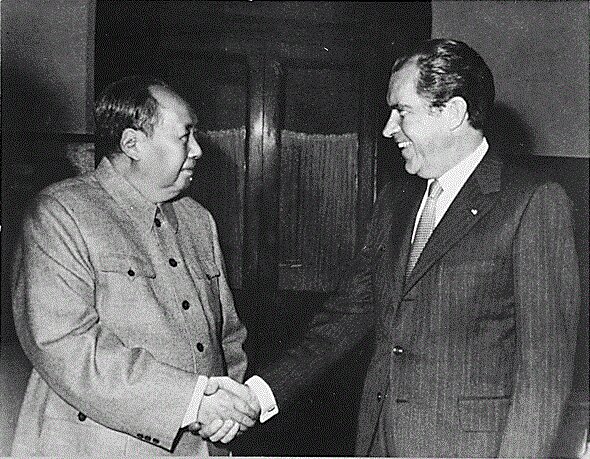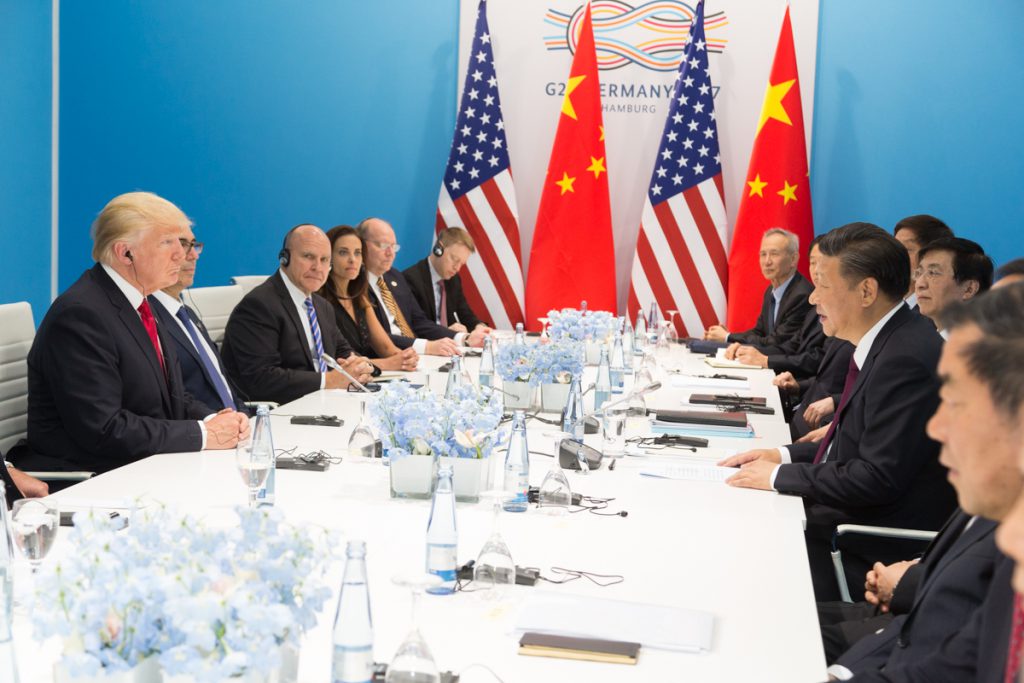A report published last week by the BBC has highlighted rampant state sponsored sexual violence and human rights abuses against the ethnic Uighur population of Xinjiang, in northwest China. The report, which corroborates different eye-witness testimonies from ex-prisoners and former prison guards from so-called “re-education camps,” details grotesque accounts of state-coordinated mass rape, forced sterilisation, and torture.
Brainwashing, cultural extermination, and forced labour are already well documented and attested as taking place inside the camps, and indeed in the wider Xinjiang region, where it is estimated that well over a million Uighurs, along with Kazakhs, and other ethnic Turkic Muslims, have been groundlessly detained.
But the BBC’s report, along with findings from Radio Free Asia that male Chinese officials have been assigned to “monitor” the homes – including sharing the beds – of the wives of detainees, highlights an even more insidious element of China’s campaign in the region: to ethnically cleanse Xinjiang of its mainly Muslim and ethnic Uighur inhabitants.
Human rights abuses in China are nothing new. But the international community’s lackadaisical response to this particular issue, beyond the mere bellowing out of condemnations, worryingly suggests that nothing of real substance will be done to put it to an end.
Historical relations
Much ink has been spilled in recent weeks following the assault on the US Capitol to settle if it, or some other event in American history, holds the unenviable title of the deadliest attack on American democracy and freedom. The eponymous titleholder was, for a long time, Watergate. But it was another of Richard Nixon’s career highlights, namely the normalisation of US relations with China, that has done even more damage in compromising the stability and durability of freedom and democracy, not only for America, but for the Western world.
It’s easy to imagine the argument in the 60s and 70s: China, then still regarded as a third world country, would reluctantly extend its arm and shake hands with the US, the crown-prince of Capitalism. But, by opening up its imperial gates, easing its borders, and gradually allowing in more foreigners and more free-market, so too would enter, as if almost covertly, the irresistible additives of freedom of expression, consumerism, and, most tantalisingly of all, liberal-democracy.

Henry Kissinger, then National Security Advisor in 1969, laid out as much in his influential National Security Study Memorandums: “China’s policy ultimately will moderate, given an international climate conducive to moderation [because of] domestic economic pressures and the emergence of a more pragmatic leadership.”
But behind this rhetoric, lay the real reason for the normalisation of relations: greed. For how else could the US, which was at the time bent on distinguishing itself from and undermining communist dictatorships around the world, justifiably normalise relations with the second largest communist power after the Soviet Union?
America was hardly blemish free in spreading peace and stability across the world: at that time it was still in the midst of Vietnam. But one thing America and its allies have always done, or have at least always strove to do, is to create a social and political space where its citizens can freely express themselves; and where for the most part they are free to pursue liberty and happiness unfettered. CCP controlled China has from its inception pursued an agenda totally antithetical to this ideal.
Trading relations in times of peace between nations diametrically and ideologically opposed to each other are historically nothing new: consider Germany and Russia pre-World Word II, France and Britain in the 18th Century, and even back to ancient rivals Greece and Persia.
America followed suite in this regard. It struck a deal with China and turned a blind eye to the millions that died in the years of famine and cultural revolution under Mao. Admittedly, the true extent of the horrors of those years were largely kept under wraps by the CCP; and with China, being then only a poor country on the periphery of political influence, such sporadic instances of barbarity could, from the Wests point of view, be expected.
But following the death of Mao in 1976, and the Chinese economy’s liberalisation under Den Xiaoping in the 80s, the country seemed as though it could have been turning over a new leaf, justifying America’s strategy.
However, the CCPs massacre of students peacefully protesting in Tiananmen Square in 1989 should have sounded the alarm bells and made it abundantly clear that China would not follow in the path toward liberalisation without a fight. Indeed, the conundrum as to why the country did not follow other nations whose revolutions brought an end to the Soviet Union that same year, has had political scientists scratching their heads ever since.

Action needed
What matters now is not what is past, but what the West is going to do about the present genocide that is happening.
Adidas, Nike, Coca Cola, and other companies who all have factories in Xinjiang clearly don’t think much, if anything, should be done about it, as their attempts to water down the Uighur Forced Labor Prevention Act in the US suggest. Together Tastes Better only so long as you can stomach the bitter aftertaste of ethnic cleansing. But if you go looking to multinational corporations for moral leadership and ethical scruples, you’ll be disillusioned from the start.
When Sultan Bolkiah of Brunei in 2019 proposed the implementation of the harshest interpretation of Sharia law which would have allowed the stoning to death of homosexuals in the country, the rest of the world was rightfully up in arms. Boycotts were called against the Dorchester Collection, a luxury hotel operator owned by the Sultan; and this threat against his income seemed to have been enough to make him take a U-turn on his barbaric policy.
But Brunei, with its population barely over 450,000, is not China. Nor would Western companies halting their business from an obscure region of the country – as welcomed as that may be – really make much of a dent on the Chinese economy, nor influence its hard-headed regime to change course on its brutal campaign.
What is needed most of all is decisive and coordinated action by the international community. Uighur campaigners have consistently called for the international community to act, but their pleas have by and large gone unnoticed.
Some promising headway has been made in the right direction, such as with the Forced Labor Prevention Act, which assumes that, unless proven otherwise, goods manufactured in Xinjiang are done so using forced labour, which prohibits their being sold or shipped to the US. The UK has also taken similar measures.
And Western governments have in other ways in recent years take a less conciliatory approach to China on a number of different issues: the US-China trade war implemented under the Trump administration and which is likely to continue under Biden; the UK’s banning of the Chinese telecommunication giant Huawei from its 5G network; and the UK implementing a scheme which allows Hong Kong residents with British Overseas passports easier entry to its shores.
Despite all this however, relations between the West and China continue by and large unchanged, with trade deals still being struck, such as the EU and China’s soon to be ratified Comprehensive Agreement on Investment.
A more coherent and comprehensive strategy amongst Western allies against China is pressingly needed. Not reactive, as it has been, but proactive; where measures are taken, and bills are passed that state loud and clear that the free world does not stand for China’s repressive, authoritarian, and genocidal actions. That prove that human rights abuses, illicit provocations, and corrupting ideologies will not be tolerated.
“The price of apathy towards public affairs is to be ruled by evil men,” said Plato. When historians look back upon this moment in history, they will judge us for many things we have gotten wrong; let us hope the tragedy unfolding in northwest China will not be listed amongst them.
Cover Photo: “U.S. – China Relationship” by racreations is marked with CC0 1.0



0 Comments